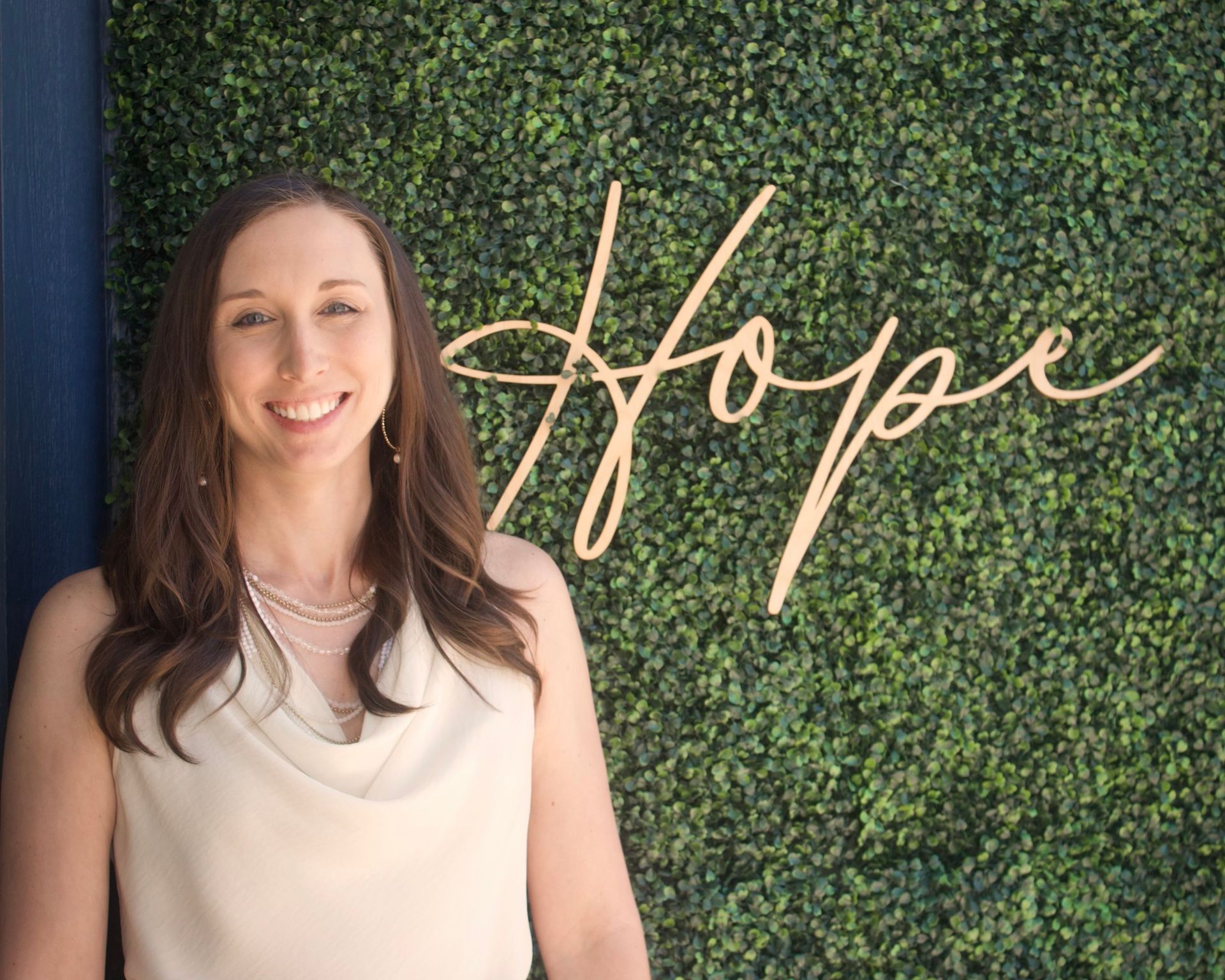Introducing: Anchoring Hope Counseling
If you’re curious about seeing a counselor, you should read this. We’d like to tell you a little about how we do things at Anchoring Hope (locations in Abingdon, VA & Wise, VA) and also give you general information that can help you make the best decision for you.

From Overwhelmed to Empowered, We’ll Help You Get There
You don’t have to navigate life’s chaos alone. At Anchoring Hope Counseling, we guide individuals across Virginia, just like you, who are ready to stop surviving and start thriving. Whether you're seeking therapy, mental health medication, or simply a fresh start, we’re here to help you reconnect with your most authentic self and reclaim your peace of mind.
We Have Physical Locations in Abingdon, Pennington Gap, & Wise, Virginia.
You’re Not Alone, Let’s Start Healing, Together.
What If Peace Wasn’t Just Possible, But Within Reach?
When life feels chaotic or heavy, it’s easy to lose sight of who you are and what you need. At Anchoring Hope Counseling, we meet you exactly where you are, without judgment, and help you reconnect with your strength, clarity, and self-worth.
Whether you're struggling with anxiety, trauma, relationships, or simply feeling stuck, we offer personalized care that empowers you to take control, feel grounded, and move forward with purpose.
You don’t have to do this alone. Let us walk beside you.
Exclusive Benefits for Your Holistic Well-Being
As part of our commitment to your overall well-being, we offer more than just counseling and medication management. Enjoy exclusive perks like free access to our Anchoring Hope app, discounts with our trusted partners, and savings on transformative Soundbed sessions. We believe in a holistic approach to care, ensuring that you receive a truly unique and enriching experience every step of the way.
Perks to Support Your Journey
We understand that true healing involves more than just the time spent in session. That's why we provide our clients with awesome extras designed to enhance your overall experience. From tools to manage everyday stress to special offers that promote relaxation and wellness, our perks are crafted to meet your unique needs. At Anchoring Hope Counseling, we’re here to ensure that your path to well-being is as smooth and supportive as possible. With us, you have access to:
- In-house mental health medication management services
- Free access to our Anchoring Hope app for coping skills
- Special discounts with our trusted partner companies
- Savings on relaxing Soundbed sessions
Our perks are designed to complement your counseling journey, providing additional tools and resources to help you achieve lasting peace and balance.
Psst! Not a client and still want the app?















